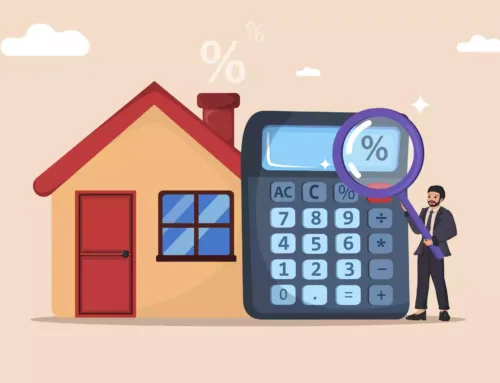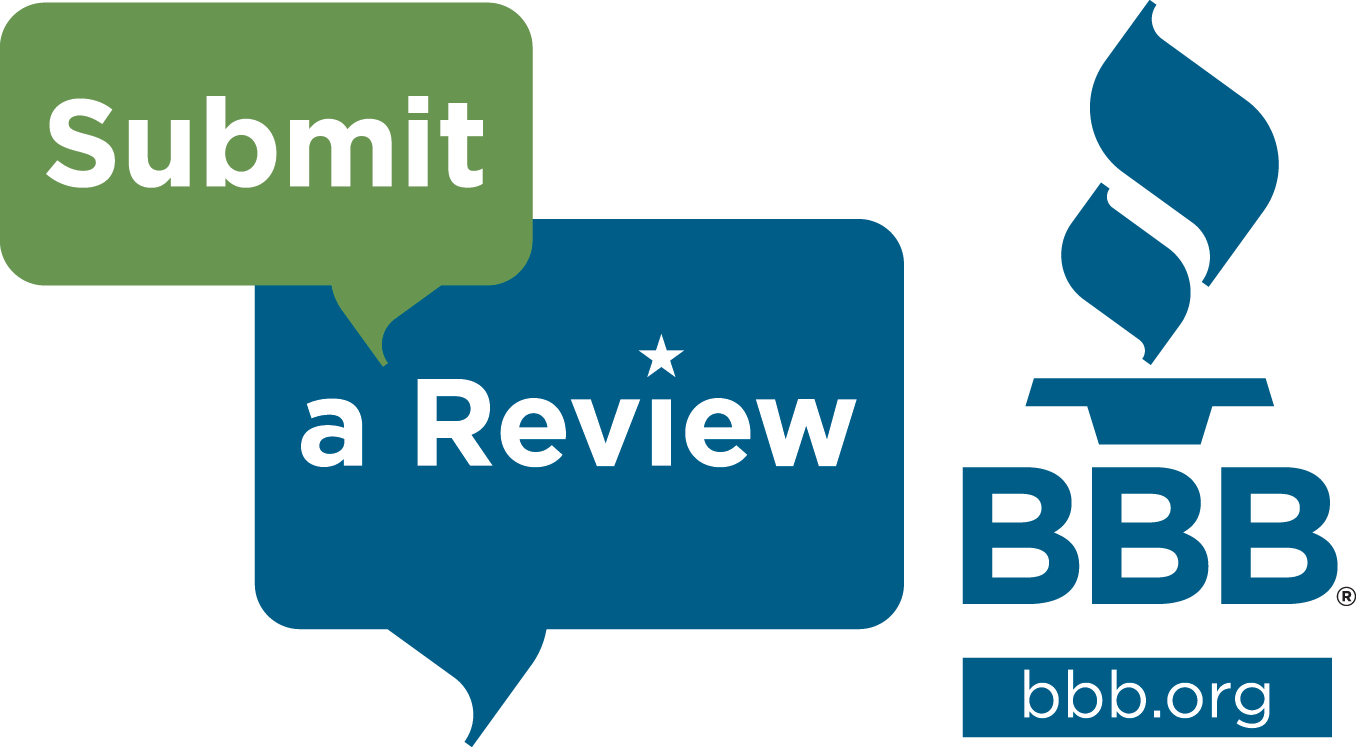Mortgage Tips for The New Year- Part #2

Last week we covered part one of our two part series on ‘Mortgage Tips for the New Year’. This week we will continue with more useful tips that will help to save you time and money when you are ready to get your first mortgage.
Tip#6 – Prepare to Write Letters
Most lenders today will want to know every detail of your financial life. If something looks odd, or doesn’t make sense they will want to have some sort of explanation. This means that you will have to write letter explaining everything. For instance they may want to know why a credit card issuers pulled your credit three months ago when you were trying to apply for store credit, or why you changed jobs a few months ago or why you have moved from job to job over the last couple years. It’s best to write them and explain everything in full detail and move on. They do this simply to verify your financial stability and it is usually something that is requested from time to time.
Tip# 7- Receive any Financial Gifts Early
If you are receiving any sort of financial assistance or even a financial gift for your down payment from someone make sure that you are depositing it into your account at least two months prior to applying for your mortgage. That way the bank will not need to source the large deposit. If this is not done then the gifter will have to write a letter stating that the money was truly a gift and not a loan. If you are needing a loan for the down payment the lender may see this as a sign of financial dependence and it may hurt your chances of obtaining a loan.
Tip# 8- Self Employed? Plan Ahead
After stricter mortgage requirements went into place in 2014, self-employed individuals have larger hurdles to jump over. The rules require documentation of income that includes two years’ worth of tax returns. In the years leading up to buying a home, a self-employed borrowers should plan to take fewer deductions to boost overall income. If they can’t, they may consider a co-signer on the loan whose income is documented by W-2 statements. Otherwise, they may need to consider an unconventional loan where the lender could qualify them on bank statements alone.
Tip# 9- Know Your Magic Refi Number
If you are thinking about refinancing an existing mortgage you will need to know what mortgage rate you need. This is not an easy number to calculate because you need to look at several different factors regarding your loan, including what you want to get out of your refinance. For instance your refinance scenario may differ greatly if you are eight years into your loan versus only three years. Talk to your mortgage professional about your refinance goals and ask him or her what kind of rate might benefit you the most.
Tip #10- Great Creative with a Reverse Mortgage
Older home buyers, especially ones with fixed incomes, may want to consider this option when buying a home instead of draining retirement funds. A reverse mortgage lender will contribute up to 52% of the sales price of a new home while the senior (62 years and older) comes up with the rest. The house is titled in the borrower’s name with the lender being added as a security interest. There are no monthly payments and when the home is sold or no longer is the borrower’s primary residence, the loan must be repaid. Any remaining equity then belongs to the borrower, heir, or their estate.
Buying a house is an exciting process but we know it can also be a bit overwhelming. We hope that these tips have helped you to understand the In’s and Out’s of the process and have provided some great information so that you will be ready to make that first step in owning you new home.













